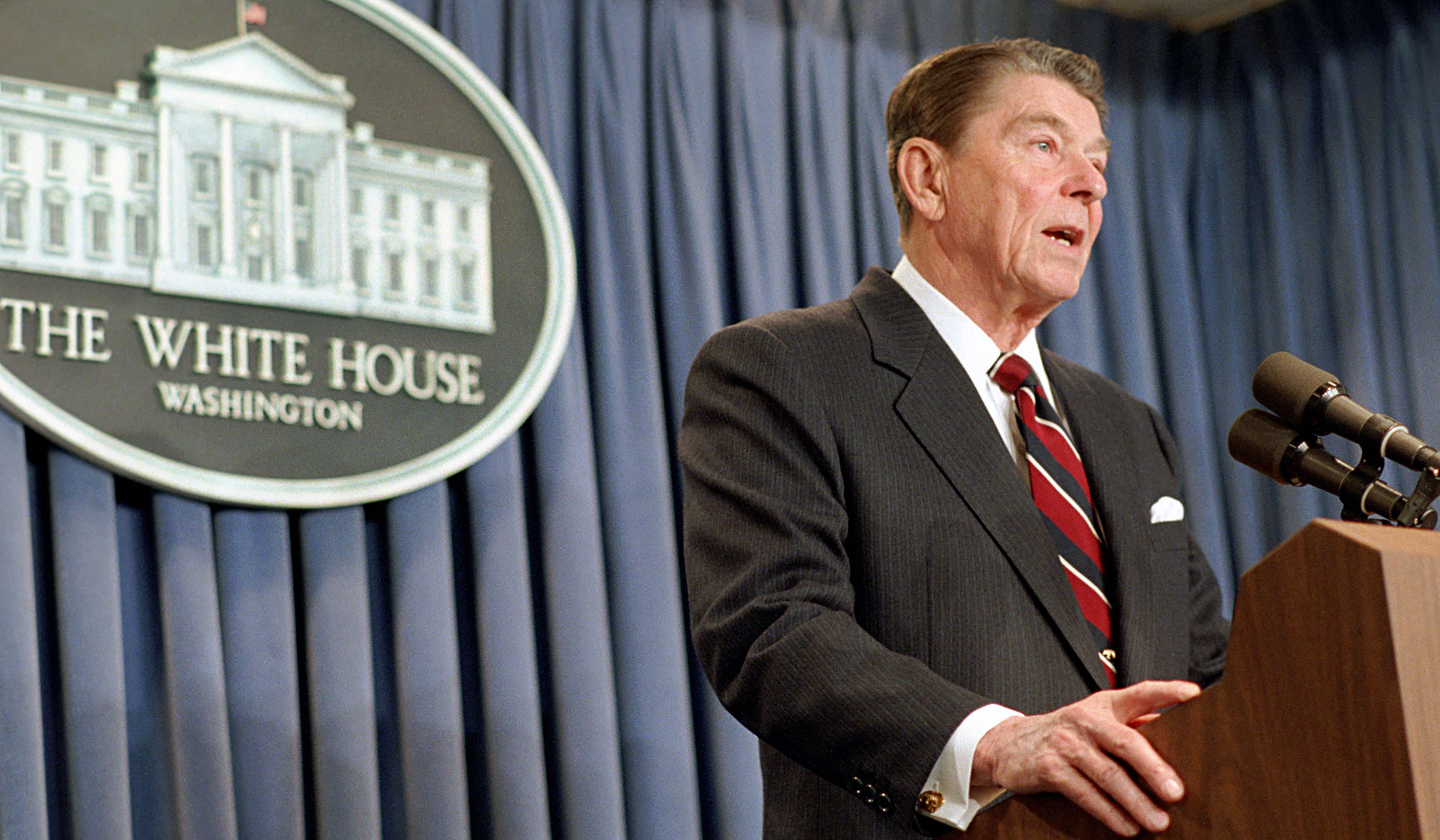


Yesterday, Noah Rothman pointed out an irony in the public posturing of the new, Beltway-centric, statist-curious coterie of market skeptics on the right: Fond as they are of accusing their limited-government, free-market internecine antagonists of being guardians of the status quo, they themselves increasingly revel in the trappings and plaudits of polite society, such as cocktail parties and, now, favorable profiles by left-leaning writers in the New York Times. As Noah put it:
It is sometimes said by people who deserve less attention than I’m about to give them that conservatives who remain supportive of liberalized economics and believe market forces produce better outcomes on the whole than top-down social engineering are mere status-seekers. You’ve probably heard the charge before. It is the ornamental bombast that seeks to indict the “tired nostalgics, corporate shills, and bow-tie clad ‘intellectuals’ who fiddle while our cities burn” – the trite denunciation of the Georgetown cocktail party circuit’s corrupting influences from those who are most likely to be found attending such decadent soirees.
If you’re getting the sense that calumnies like this are a product of psychological projection, New York Times senior writer David Leonhardt’s Tuesday newsletter may help cement that perception. In shining the spotlight on some of the Republican Party’s aspiring populist lodestars, Leonhardt bathes the Right’s loudest market skeptics in praise. Though Leonhardt’s project is ostensibly informed by his reading of the electorate, he doesn’t disguise his support for these Republicans’ desire to anathematize the economic philosophy to which advocates of the market are supposedly predisposed.
The Right has been here before. In its early post-war days, fusionist conservatives of the William F. Buckley/Frank Meyer/National Review variety devoted much intellectual and activist energy to challenging some of their milquetoast conservative contemporaries, who fundamentally accepted big government. In National Review‘s 1955 mission statement, Buckley calls out the “well-fed right” that had ineffectually dealt with the Left of its day and exhorts conservatives to take seriously “the growth of government,” which “must be fought relentlessly.” Also in 1955, Meyer likewise condemned a group of insufficiently freedom-oriented conservatives as, essentially, controlled opposition:
. . . the New Conservatives, with their emphasis on tone and mood, with their lack of clear principle and their virulent rejection of individualism and a free economy, threaten no danger to the pillars of the temple. The conservative tone is indeed welcome now that power is to so large an extent achieved and the time come to consolidate and “conserve” it. Even better, by the magnanimity with which [those on the left] receive the New Conservatives into polite society, they justify expelling into outer darkness the principled champions of limited government and a free economy as “crackpots” and “fringe elements.”
It isn’t hard to see a certain resemblance between this characterization and Leonhardt’s praise of the “new conservatives” (his words) such as J. D. Vance and Marco Rubio (and their technocratic intellectual allies such as Oren Cass of American Compass), who are “trying to separate themselves from anti-government Republicans like Paul Ryan — and, although they won’t say so, Ronald Reagan.”
Reagan, who was influenced by Meyer, threatened the polite-society consensus of statism more than any political figure has since. From the moment his presidency began, he challenged that consensus directly. “It is my intention to curb the size and influence of the Federal establishment and to demand recognition of the distinction between the powers granted to the Federal Government and those reserved to the States or to the people,” Reagan declared in his first inaugural address. This was consistent with his rejection of the elitism displayed by the centralizers of his day. “From time to time we’ve been tempted to believe that society has become too complex to be managed by self-rule, that government by an elite group is superior to government for, by, and of the people,” he said in the same address. “Well, if no one among us is capable of governing himself, then who among us has the capacity to govern someone else?” In recent years, conservatism has suffered not from believing too strongly in this worldview, but from having moved away from it, and toward its opposite, as elite praise and comfortable sinecures beckon.
The New York Times and others on the left would love to see conservatives continue to shy away from something that bold. Those on the right who would deride such boldness as “Zombie Reaganism” do the Left a favor. Of late, it is obvious that these two factions are happy to reciprocate. Thus, conservatives of the Buckley/Meyer/Reagan dispensation find themselves once again in the position of challenging a statist status quo. No matter. We have been here before, and prevailed, if all too briefly; we can do so again. Even — especially — if the New York Times doesn’t say nice things about us.
